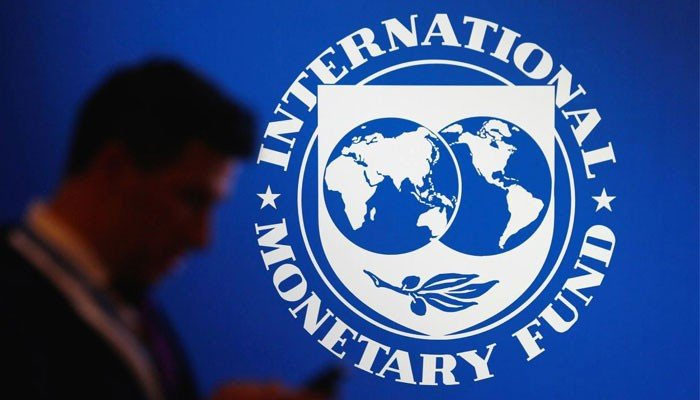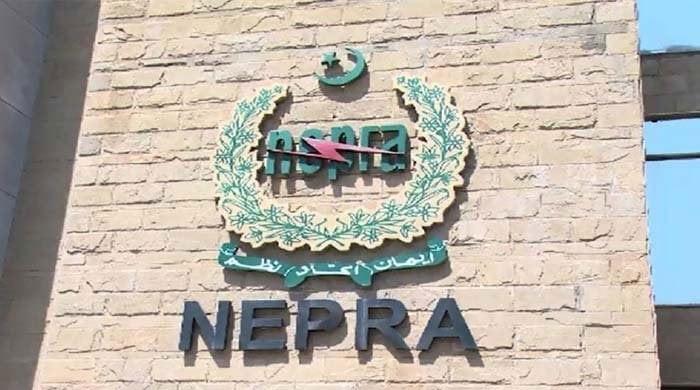Pakistan to resume talks with IMF from May 18
IMF asks Pakistan to proceed with implementation of policies to achieve macroeconomic stability, sustainable growth
May 12, 2022

- IMF asks Pakistan to proceed with implementation of policies to achieve macroeconomic stability.
- Resident chief says "continuous constructive engagement is what matters".
- A top govt official says without taking bold measures, revival of IMF programme will be in danger.
ISLAMABAD: Pakistani authorities and International Monetary Fund (IMF) would begin talks next week from May 18 to review “the latest economic developments and policy implementation”, The News reported, after Fund’s confirmation.
The Fund has also asked Pakistan to proceed with the implementation of policies with the aim of achieving macroeconomic stability, and inclusive and sustainable growth
The demand indicates that the IMF wants to see a reversal of fuel subsidies and expects that the government will move ahead with hiking petroleum prices on May 15, indicating it seemed serious to resume parleys with the Fund for reviving the stalled IMF programme.
Read more: World Bank assures support to Pakistan's economic reforms
However, the economic managers are clueless about how to face the backlash on the political front. There are proposals under consideration to hike the petroleum prices in a gradual manner and also convince the provinces to share the fiscal burden at difficult times.
This correspondent contacted IMF's spokesperson based in Washington DC and inquired about the possibility of holding review talks with Pakistan authorities, the written reply stated: "We can confirm that an International Monetary Fund team led by Nathan Porter will meet the Pakistani authorities on May 18 to go over the latest economic developments and policy implementation."
Meanwhile, IMF’s Resident Chief in Pakistan Esther Perez Ruiz said: "We continue our constructive dialogue with the Pakistani authorities. It is important for the authorities to proceed with the implementation of policies with the aim of achieving macroeconomic stability, and inclusive, sustainable growth, as discussed at the time of the Spring Meetings in Washington DC We look forward to continuing policy level discussions during the second half of May."
Read more: Saudi Arabia's $3b additional deposits conditional to revival of stalled IMF programme
She further told the publication that "continuous constructive engagement is what matters".
It is worth mentioning that on April 24, 2022, IMF Mission Chief for Pakistan Nathan Porter had stated: "We had very productive meetings with the Finance Minister of Pakistan Miftah Ismail over Pakistan’s economic developments and policies under the Extended Fund Facility (EFF) programme.
“We agreed that prompt action is needed to reverse the unfunded subsidies which have slowed discussions for the seventh review. Based on the constructive discussions with the authorities in Washington, the IMF expects to field a mission to Pakistan in May to resume discussions over policies for completing the seventh EFF review.
“The authorities have also requested the IMF to extend the EFF arrangement through June 2023 as a signal of their commitment to address existing challenges and achieve the programme objectives."
Read more: Pakistan needs to reduce its current account deficit, IMF says
One top official of the government said that without taking bold and corrective measures, the revival of the IMF programme will be in danger.
“It is not the issue of hiking petroleum or electricity prices only but this review mission of the IMF will also finalise the salient features of the upcoming budget for 2022-23 for achieving the objectives outlined under the EFF programme,” it was learnt.
The IMF's prescriptions fold into raising Personal Income Tax (PIT) rates and slashing down its number of slabs as well as removing its exemptions. The removal of income tax exemptions for powerful elites is a good omen for the country but increasing rates for salaried and non-salaried will further erode the purchasing powers of have-nots in Pakistan.











